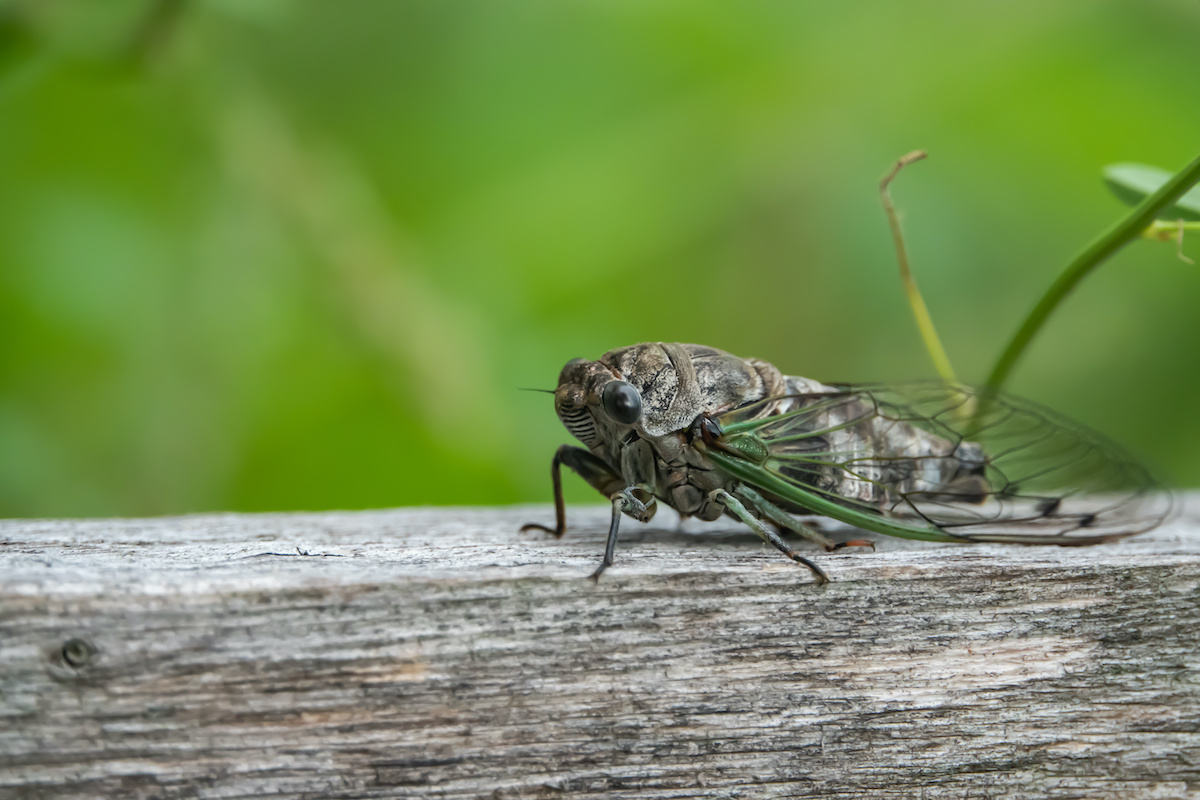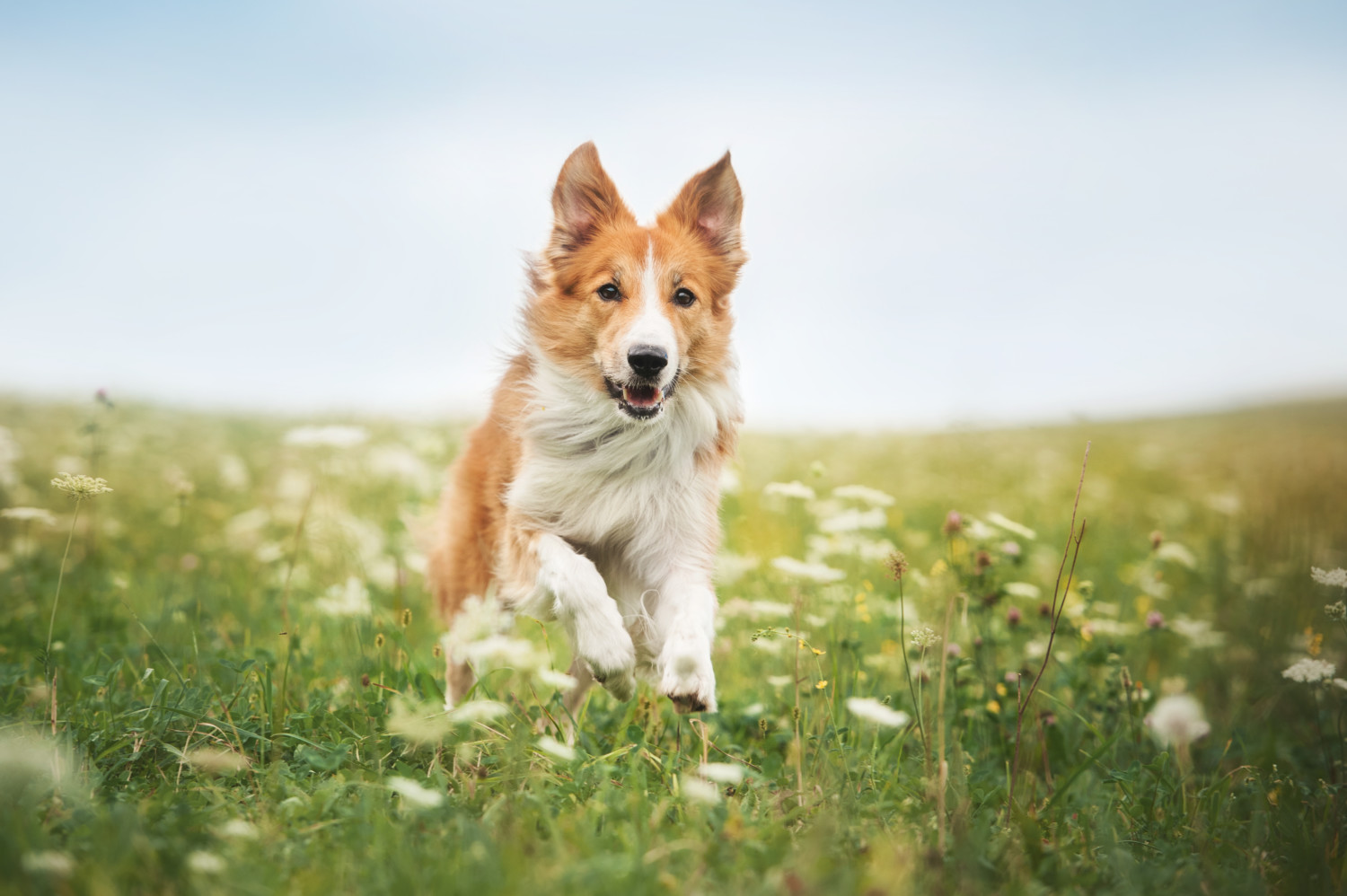Are cicadas dangerous to pets? Here’s what you need to know

Swarms of cicadas will soon be emerging in parts of the eastern U.S. in a natural spectacle that happens only once every several years. During late April or early May, billions of the insects will tunnel out from their underground homes for a month-long mating ritual.
It will be an incredible sight, but it’s also causing some concern for those in areas of high cicada concentration. Some people are particularly concerned about whether having the swarming insects in their yards will pose a danger to pets.
So, are cicadas dangerous to your cats and dogs?
MORE: Two cicada broods will emerge at the same time this year, a first since 1803
What Are Periodical Cicadas?
First, let’s go over what this cicada emergence will look like.
The insects that are set to emerge are periodical cicadas, which are different than annual cicadas. Periodicals live a foot or two underground, surviving on sap from tree roots. They only emerge above ground for a short adult stage during the spring of their 13th or 17th year by climbing up a tree or other vertical surface.
“They may amass… in parks, woods, neighborhoods and can seemingly be everywhere,” Michigan State University entomologist Gary Parsons explained in an MSU question and answer session about cicadas. “When they are this abundant, they fly, land and crawl everywhere, including occasionally landing on humans.”
The states that will hear the distinctive sound of male cicadas trying to woo their female counterparts are Delaware, Georgia, Illinois, Indiana, Kentucky, Maryland, Michigan, North Carolina, New Jersey, New York, Ohio, Pennsylvania, Tennessee, Virginia and West Virginia, plus Washington D.C.
This cycle of cicada emergence has been given the name Brood X, and it will be one of the largest broods to appear.
Are Cicadas Dangerous to Pets?
When our pets encounter other animals and insects, one of the things we worry about is bites. With these cicadas, that’s fortunately not a concern.
Elizabeth Barnes, exotic forest pest educator at Purdue University, told the Indianapolis Star that cicadas can’t bite pets (or people, for that matter) because they simply don’t have the ability to do so — their mouths don’t have the required parts. Instead of a biting mechanism, cicadas have a long tube like a straw that allows them to suck fluid from trees.
“They can’t bite you, even if they want to,” Barnes told the Star.
What Happens If My Pet Eats a Cicada?
If you’re wondering if your dog or cat will get sick if they eat a cicada, that’s nothing to get too concerned about, either. In fact, they might be an extra protein source — Barnes said turkeys that feast on the bugs tend to be larger in the falls following a cicada emergence.
However, while cicadas don’t pose a direct danger to pets, there is a possibility of a cicada feast having an adverse effect on your pet, causing choking or an allergic reaction.
“If your pet snatches a cicada while in the yard or on a walk, they will more than likely be fine. However, overindulgence on anything is bad and this holds true with cicadas and pets,” Jonathan Larson, an extension entomologist at the University of Kentucky, told CNet.
“If your animal feasts on piles of them while they are outside, they can end up with upset stomachs, vomiting or diarrhea,” he added.
He also urged pet owners to consider what pesticides might have been sprayed on the ground immediately above the cicadas during their 17-year development.
If your pet is showing symptoms of illness, such as throwing up, after getting up close and personal with cicadas, do get them checked out by your veterinarian. Remember, cicadas aren’t poisonous and don’t bite or sting, so it’s likely that your furry friend has simply eaten too many of the bugs.
The bottom line is that if you’ve been wondering, “are cicadas dangerous?” the answer is no in most cases. But if you have any concerns at all about your pet’s health, don’t hesitate to get a vet’s opinion.




